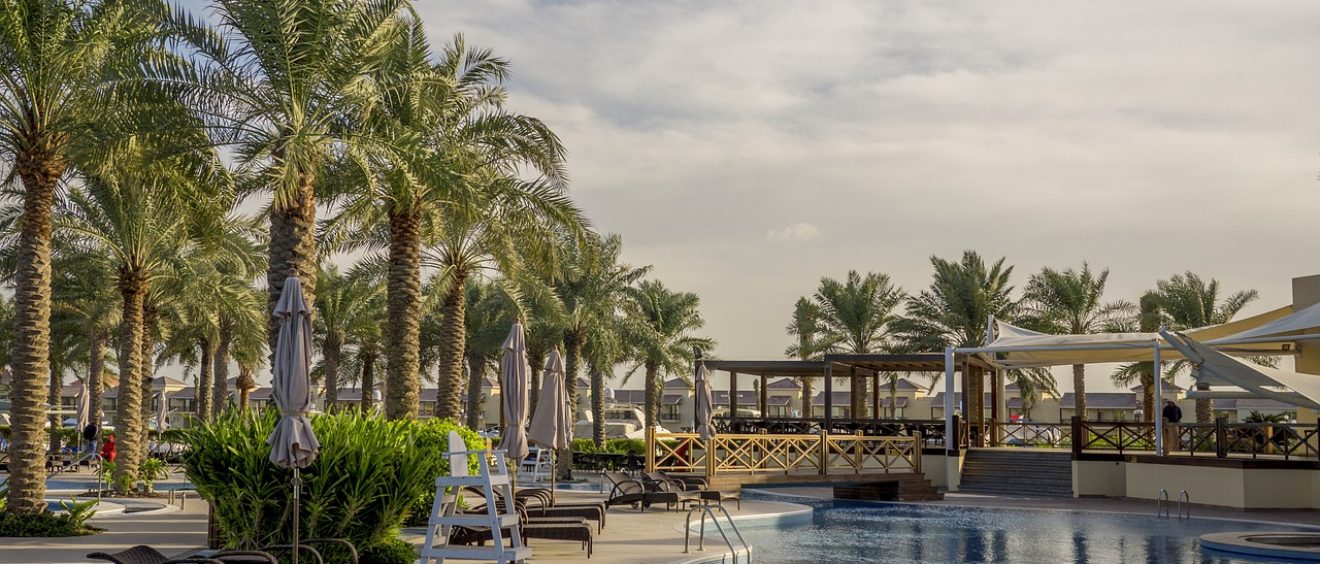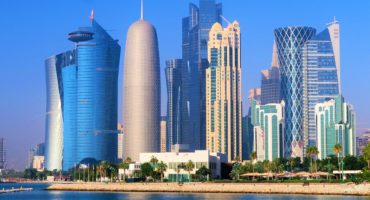
Rising public demand set to drive Islamic banks growth: Bahrain
Islamic banks’ total assets expanded by 8.1% in 2021
Rising public demand for Islamic products and the expected improvement in operating environment is set to drive growth in Bahrain’s Islamic banking sector, says Fitch Ratings.
The ratings agency said the forecast for 2022-2023 is based on rising oil prices, higher real GDP growth, easing of Covid-19-related restrictions and the expected rises in interest or profit rates.
Islamic banking continues to have significant importance in Bahrain, with its market share rising to 38.8 per cent of domestic banking system assets and 17.8pc of total banking system assets (including foreign assets) at end-2021.
Islamic banks’ total assets expanded by 8.1pc in 2021, at a faster pace than conventional banks’ total asset growth of 4.2pc.
The total Islamic banking sector assets reached $38.6 billion or about 100pc of Bahrain’s GDP, supported by the mainstem relevance of Islamic products, an increasing residential mortgage financing, a wide branch and digital banking network, a supportive Islamic finance ecosystem and the presence of Islamic liquidity-management tools.
In 2021, profitability and asset-quality metrics of Islamic retail banks improved, albeit conventional retail banks performed better. Islamic banks were also adequately liquid, but at lower levels than conventional banks.
The capitalisation profiles of Islamic and conventional banks were satisfactory and stood at similar levels.
Nevertheless, Islamic banks’ capital ratios do benefit from a 30pc alpha factor, says Fitch.
To mitigate the pandemic’s impact, the CBB continued to support the banking sector in 2021 with policy measures.
Asset-quality metrics are expected to deteriorate as regulatory forbearance measures introduced by the Central Bank of Bahrain (CBB) are removed.
These measures, which have been extended a number of times, have masked the true reality of asset quality picture.
Commercial real estate financing is likely to remain under pressure due to oversupply, while we expect residential real growth to remain stable.
Mergers and acquisitions continue to be prominent in Islamic banks.
In January this year, Al Salam Bank-Bahrain (ASSB) and Ithmaar Holding agreed on the acquisition by ASSB of the consumer banking business of Ithmaar Bank, which will position ASSB as the largest Islamic bank in Bahrain.
In 2021, GFH Financial Group offered to increase its shareholding of Khaleeji Commercial Bank to 100pc, while Esterad Investment Company proposed to acquire Venture Capital Bank.
However, Kuwait Finance House’s long-standing proposed acquisition of Ahli United Bank was suspended due to the pandemic, and is currently going through an updated due diligence.
The discontinuation of interbank offered rates (IBOR) will affect Bahraini Islamic and conventional banks, many of whom are still working on updating their systems and processes to adjust to the new alternative reference rates.
Fitch explains that while some Bahraini Islamic banks did not have exposures to benchmark rates, others did have outstanding IBOR-linked exposures as of end-2021.
Islamic banks face the additional complexity of needing to ensure sharia-compliance throughout the transition process, unlike conventional banks.
In 2021, the CBB mandated Islamic banks to follow the Accounting and Auditing Organisation for Islamic Financial Institutions’ (AAOIFI) Sharia Standard No. 59 (sale of debt) effective from January 1, 2022.
Fitch will assess the implications on Islamic banks’ credit profiles going forward. Bahrain-based international sukuk issuers have been increasingly incorporating new language in the documentation to comply with AAOIFI standards. These revisions could help increase standardisation over the medium term.
Bahrain’s share of global Islamic banking assets remains small at 3.5pc at end-3Q20, according to the Islamic Financial Services Board, mainly due to the economy’s small size. However, it was higher than Indonesia’s (2.1pc) and Turkey’s shares (3pc), both of which have larger economies.
Copyright 2022 Al Hilal Publishing and Marketing Group Provided by SyndiGate Media Inc. (Syndigate.info).




